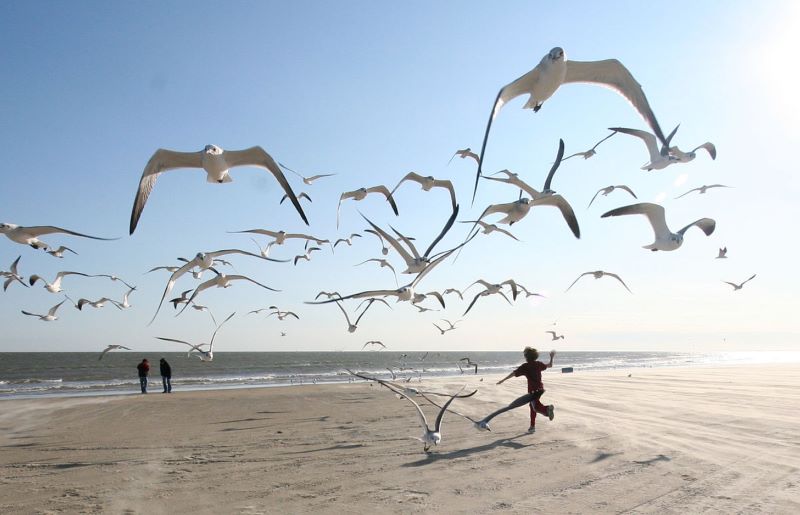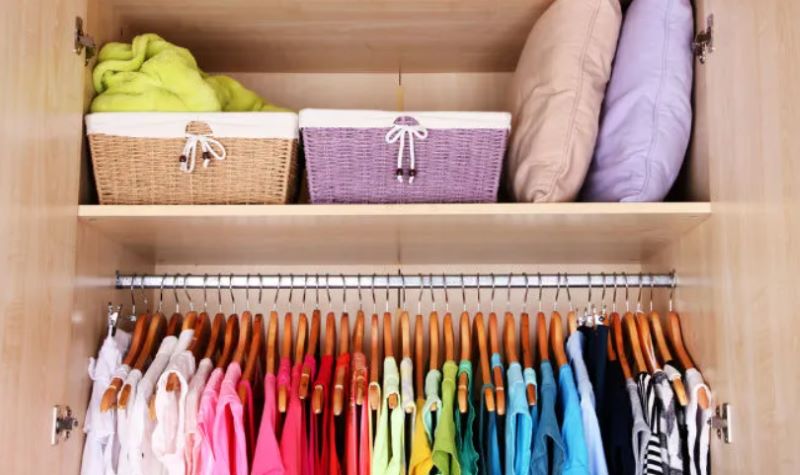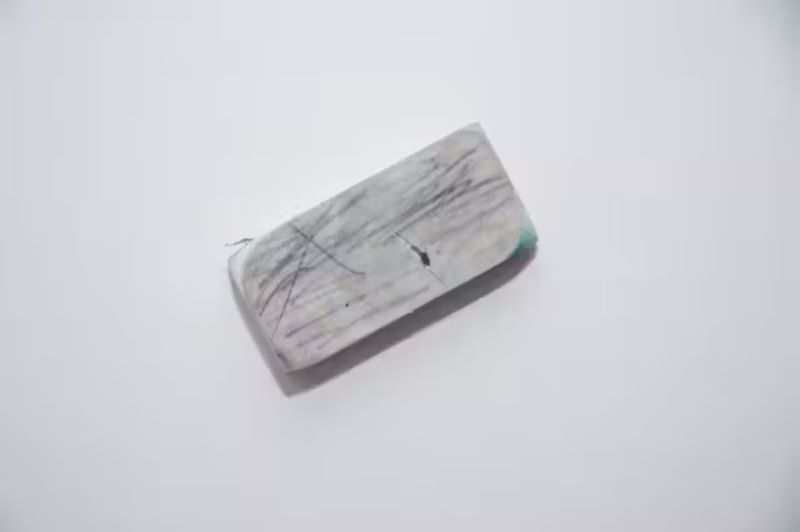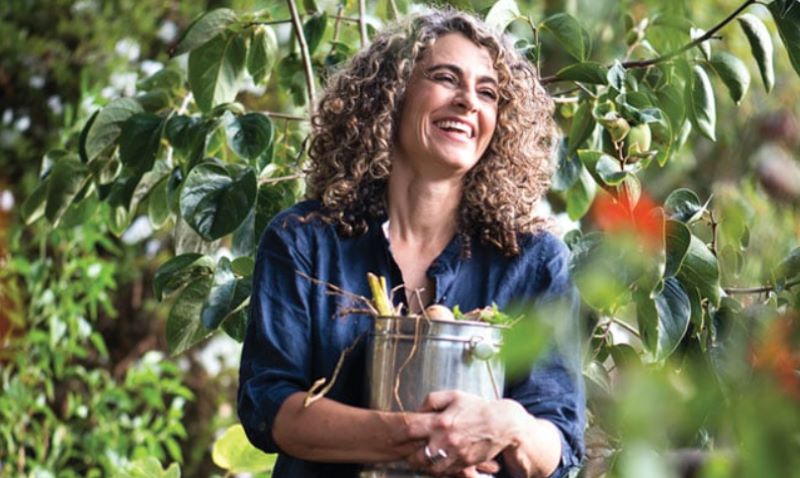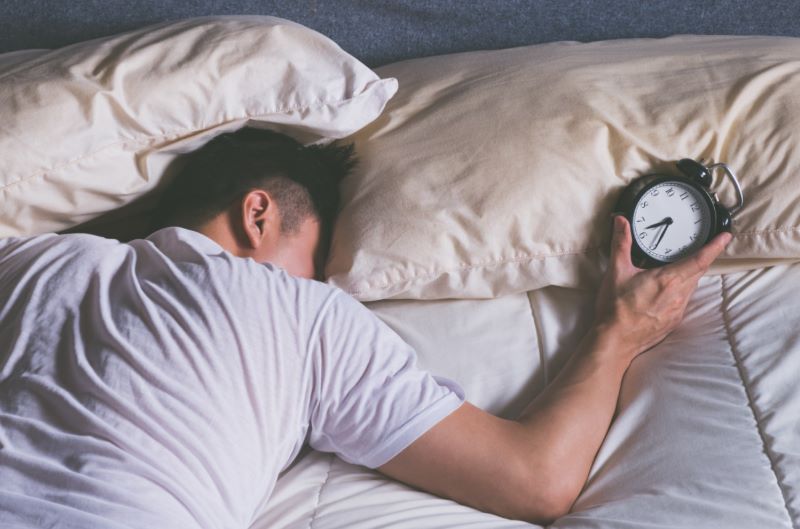

By Sarah Carpenter
Artist, photographer and designer

Introduction
Having spent a long time with so many things on my mind, my recovery has cleared space in my mind and life for more creativity. I now use art to proactively utilise my energy and in turn keep up the momentum of my recovery. It allows me ‘me time’ to do something that I enjoy and am passionate about as a way of self-soothing; I cannot begin to explain how much it means to me to be able to produce my work.
Through therapy from my eating disorder I began to realise how little I recognised and dealt with my emotions. My artwork has allowed me to really engage instead. On a very basic level, producing my work gives me a positive outlet for my frustrations, emotions and problems. I’m able to escape as I ‘switch off’ and focus on the process of making the work. This process allows time to pass and emotions to calm, meaning I can deal with things from a much calmer place.
Lines of Communication
A strong aspect of my problem is an innate need to challenge myself and do better. Making my work helps me realise the interpretive nature of art and keeping this in sight allows me to be more positive and reward myself again. My illness can make me feel the need to gain control. Producing my work allows me to channel this in a much more constructive and positive manner.
I feel lucky to be able to communicate through my work. In my experience, the arts are a great facilitator for opening up lines of communication.

In the past, my artwork has not only facilitated non-verbal communication, it has given me the confidence to talk about my mental health. This all helped towards reducing stigma surrounding eating disorders, which made asking for help initially so difficult for me.
I hope that through making my artwork, people who have similar experiences may take comfort in this kind of sharing.
The work
Process to me is just as important as the final outcome. My piece, ‘The Small Things’ (below), lets an audience in on my deeply personal daily practice of finding sanctuary through repetition.


I work predominantly as a graphic designer and digital photographer, therefore I wanted to share how a return to materials and handcraft can be used as a way to unwind and disconnect from our otherwise predominantly digital life. There is something very comforting about a return to traditional and simple roots. Using textile and fabric is a very satisfying practice for me, as it adds another layer in the form of a multisensory and tactile experience.
The mark-making itself is a process that creates rhythm and movement, which is a comfort to me, as my background is in dance. This repetition can also lead me into a more mindful state.
Sanctuary and Asylum
I recognise sanctuary and asylum as states of mind, emotions and feelings, as opposed to a physical place. It is an attitude and it is a lifestyle. We can find it within ourselves, but only if given the space, time and tools to do so.

There is a lot of focus on the types of spaces that should be provided in order for people to find sanctuary and asylum, but I feel that the most important facilitation starts with society’s attitude towards the ideas of ‘asylum’ and ‘sanctuary’. These words have negative connotations and, as a society, we actually seem to frown upon the notion of asylum. People who seek help and support are seen as weak, not resilient or strong.
Some of the strongest people that I have met have been the ones who fight internal battles, become in touch with their own emotions and try to become better people by reconnecting and challenging their own thoughts; the people who seek sanctuary.

Allowing yourself the time and space, finding sanctuary and changing your thoughts and behaviours is not easy. As a society, we need to facilitate this, rethink the lifestyles that we have created where we ignore our own needs, show no self-compassion, do not give importance to taking time for ourselves and finding sanctuary, and where actively seeking asylum is so very difficult to do.
Originally published by Wellcome Collection, 12.08.2016, under the terms of Creative Commons Attribution 4.0 International license.
